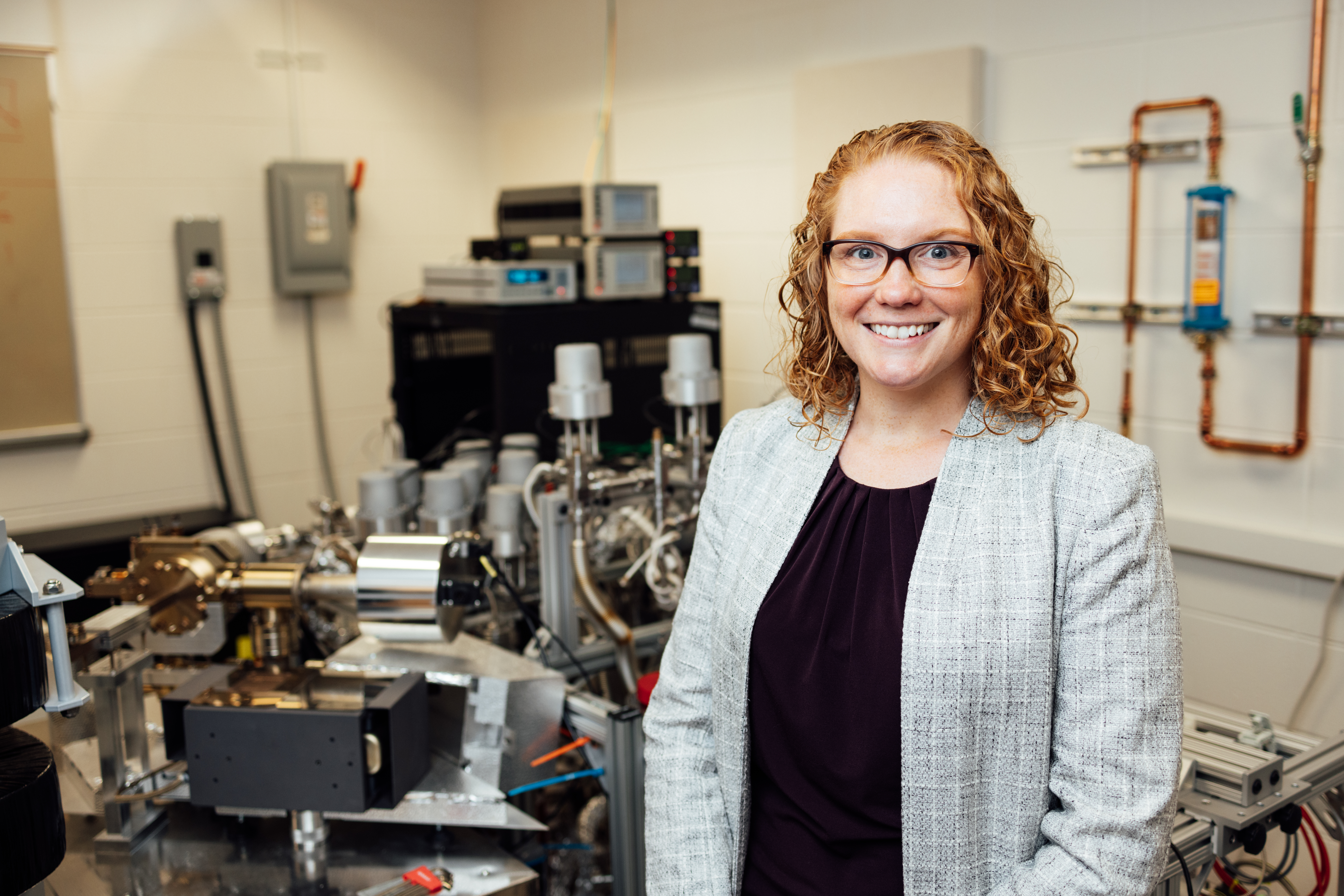Marissa Tremblay

Marissa earned her BA in Environmental Science from Barnard College in 2012 and her PhD in Earth and Planetary Science from the University of California, Berkeley in 2017. Following her PhD, Marissa was briefly a University of California President’s Postdoctoral Fellow at the University of California, Davis, before joining the Scottish Universities Environmental Research Centre (SUERC) as a Royal Society Newton International Fellow. Marissa joined the Department of Earth, Atmospheric, and Planetary Sciences at Purdue University as an Assistant Professor in August 2019. For more information, please check out her Curriculum Vitae (PDF).
Marissa’s interest in noble gas geochemistry and geochronology was sparked as an undergraduate working in Sidney Hemming’s 40Ar/39Ar laboratory at Lamont-Doherty Earth Observatory. She completed a senior thesis with Sidney and Nick Christie-Blick on mechanisms and timing of Neogene extension in the Death Valley Region of California. While she carried out other summer research projects as an undergraduate at UT Austin studying CO2 in soils and at Princeton studying paleo-nutrient conditions in the Atlantic Ocean, she couldn’t be pulled away from noble gases. As a PhD student at UC Berkeley working with David Shuster, she developed cosmogenic noble gas paleothermometry and used conventional thermochronometers to study the evolution of topography and rivers in southern Tibet. As a postdoctoral fellow at SUERC, Marissa switched gears, working Darren Mark to study the thermal history of lunar meteorites using 40Ar/39Ar thermochronology. Since becoming the principle investigator of T@P, Marissa continues to work on a wide range of problems related to surface processes on Earth and other planets through the lens of noble gas geochemistry, which you can read about on our Research page.
BlueSky: @tremblaymarissa.bsky.social